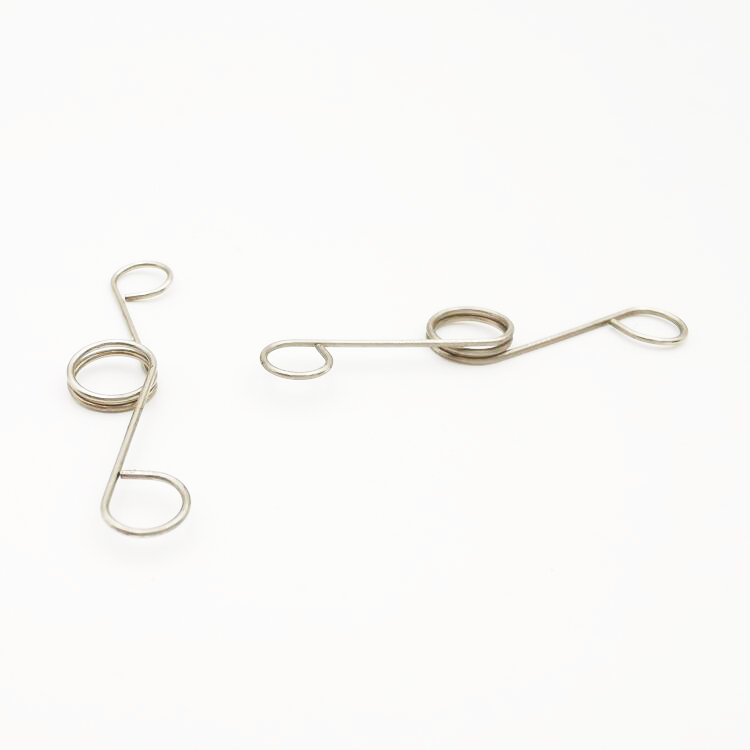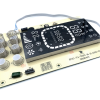
How to improve the service life of tension springs?
In daily life, tension springs are widely used, so how to improve the service life of tension springs?
1. Austempering of tension spring.
For springs with a relatively small diameter or satisfactory hardenability, austempering can be selected, which can not only reduce decentering, but also improve its resistance. After austempering, it is best to perform another tempering, which can increase the limit of elasticity. It should be noted that the tempering temperature should be the same as the austempering temperature.
2. Deformation heat treatment.
Thermomechanical heat treatment is mainly to combine the deformation strengthening of steel with heat treatment strengthening, so as to further improve the strength and resistance of steel. Thermomechanical heat treatment can be divided into high temperature, medium temperature and low temperature. High temperature thermomechanical heat treatment is formed in a stable condition, and then it should be quenched immediately, or it can be combined with casting or hot rolling, that is, quenching immediately after hot forming.

3. The tension spring should be slack after quenching and tempering.
The spring works under the action of external force for a long time, because the stress is slack, it will produce a small amount of permanent (plastic) deformation, especially the high-temperature working spring, the stress slack phenomenon is more serious at high temperature, so that the accuracy of the spring is reduced. It is not allowed for precision springs. Therefore, the tension spring should be slackened after quenching and tempering. Heat treatment process: Load the tension spring in advance, so that its deformation exceeds the deformation that may occur during operation of the spring. Then heat it at 20°C higher than the operating temperature for 8-24 hours.
4. Shot peening.
Tension springs have higher requirements for surface quality. Surface defects such as scratches, folding, oxidative decarburization, etc. tend to become stress collection places and fatigue cracking sources during spring operation. Shot peening is one of the most widely used methods to improve the surface quality of springs. If fine steel shots are used to spray the surface of the spring at a high speed for shot peening, it will not only improve the surface quality of the tension spring, but also increase its surface strength, make the surface under compressive stress, and then increase the fatigue strength and service life of the spring.
5. Low temperature carbonitriding.
Regarding the coil spring, the combined process of tempering and low-temperature carbonitriding (nitrocarburizing) can significantly improve the fatigue life and corrosion resistance of the spring.






